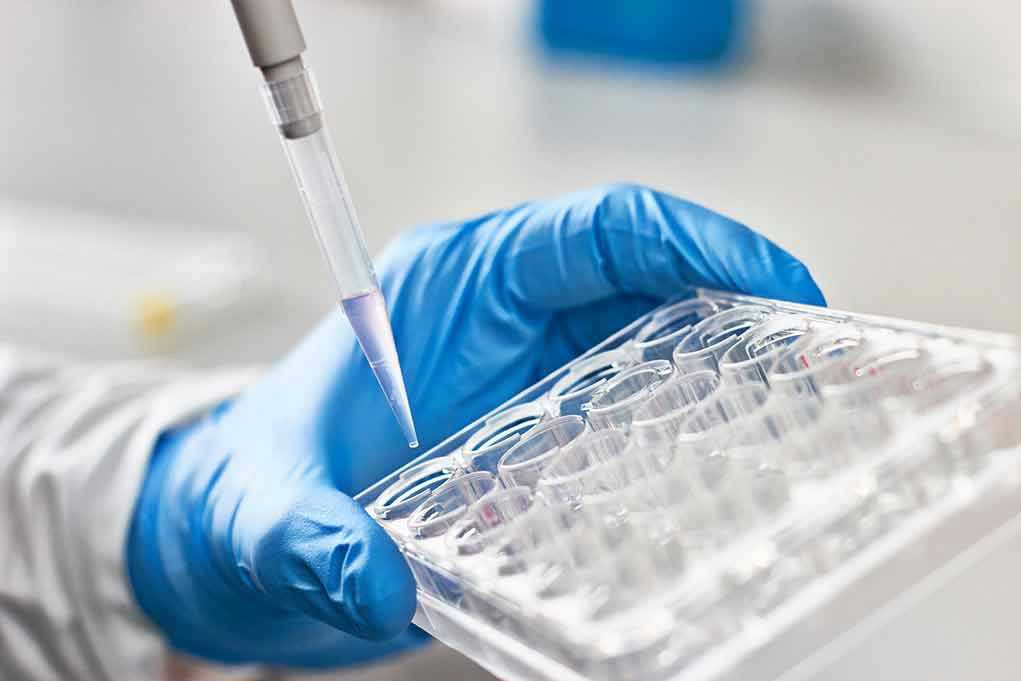
Seven tiny molecules in your blood could be quietly hijacking your energy and making you tired—regardless of how much sleep you get—flipping the script on everything you thought you knew about fatigue.
Story Snapshot
- Scientists have identified seven blood molecules linked to chronic daytime sleepiness, reframing it as a biological condition.
- Diet and hormone metabolism play a critical role in whether these molecules increase or decrease your risk of excessive tiredness.
- The findings could pave the way for blood tests and personalized interventions to tackle sleepiness and prevent serious health issues.
- Large, diverse studies confirm these biomarkers’ relevance across different populations, raising new questions about the roots of fatigue.
Blood Chemistry: The Secret Puppeteer of Your Energy
America’s epidemic of daytime sleepiness is not just about burning the candle at both ends. About one in three adults are nodding off at work, in meetings, or at the wheel—not for lack of willpower, but because their blood is whispering “sleep” at the molecular level. Recent landmark research from Mass General Brigham and Beth Israel Deaconess Medical Center has pinpointed seven blood metabolites that strongly predict whether you’ll struggle to stay awake by noon. These molecules, some protective like omega-3 and omega-6 fatty acids, others risk-boosting like tyramine, offer a new lens: what if your fatigue is not just lifestyle or attitude, but chemistry?
For decades, excessive daytime sleepiness (EDS) was chalked up to bad sleep habits or sleep disorders. Doctors had little to offer beyond questionnaires and vague advice about more shuteye. The new study changes the conversation, revealing a biological fingerprint for EDS that is as measurable as cholesterol. The research team analyzed blood samples from over 6,000 participants in the Hispanic Community Health Study/Study of Latinos (HCHS/SOL), then validated their findings in cohorts from the U.S., U.K., and Finland. Their conclusion: some people are genetically or biochemically primed for fatigue, regardless of bedtime routines or caffeine intake.
Diet, Hormones, and the Risk-Boosting Molecules
Not all of these blood molecules are villains. Omega-3 and omega-6 fatty acids, familiar to anyone who’s read a fish oil bottle, emerged as protectors—people with higher levels were less likely to report feeling tired during the day. In contrast, elevated tyramine—a molecule found in aged cheeses, cured meats, and some wines—was linked to higher sleepiness risk. The study also found that certain hormone-related metabolites, especially in men, can push energy levels up or down. These findings hint at a future where your lunch plate and your hormone balance could be tailored to your body’s unique sleep chemistry.
Lead researcher Tariq Faquih, PhD, notes that these molecules are shaped by both genetics and daily choices. Diet, gut microbiome, and hormones interact in complex ways. That means while some of us inherit a sleepy blueprint, others may unwittingly feed their fatigue with everyday habits. The real breakthrough is the prospect of a simple blood test that could reveal who’s at risk and why—opening the door to customized therapies, from nutritional tweaks to targeted medications.
A Biological Breakthrough with Ripple Effects
Objective biomarkers for sleepiness are a game changer for both patients and doctors. Instead of blaming laziness or lack of discipline, clinicians can now point to hard evidence in the blood. This recognition could reduce the stigma around EDS and accelerate early intervention, especially for those at higher risk of heart disease, obesity, and diabetes—conditions closely tied to chronic tiredness.
Healthcare systems see potential in slashing downstream costs by catching EDS early and preventing its complications. For pharmaceutical and supplement companies, the identified metabolites are a treasure map for new treatments. Imagine a world where a blood test at your annual checkup not only measures cholesterol, but also predicts your risk of nodding off in meetings or behind the wheel. That’s the disruptive promise of this research.
The Road Ahead: Questions, Cautions, and the Promise of Personalization
Despite the excitement, experts caution that blood molecules are only part of the fatigue puzzle. Lifestyle choices, stress, sleep disorders, and environmental factors still matter. The interplay between genes, diet, and hormones is complex, and researchers are racing to unravel causal pathways—why do these molecules rise or fall, and can interventions actually shift energy levels for good? The discovery of sex-specific markers hints at even deeper layers of personalization on the horizon.
Seven blood molecules that could explain why you’re always sleepy https://t.co/MGf82igFLA
— Alan Stone (@alanbstone) September 9, 2025
Consensus is building: these findings represent a major leap forward for sleep medicine and may spark a wave of innovation in diagnostics and therapy. Yet the promise of a fatigue-free future will require more research, broader awareness, and practical tools that move from the lab bench to the clinic—and, ultimately, to your breakfast table. Until then, your blood may be telling a story you can’t ignore, one molecule at a time.
Sources:
Beth Israel Deaconess Medical Center















